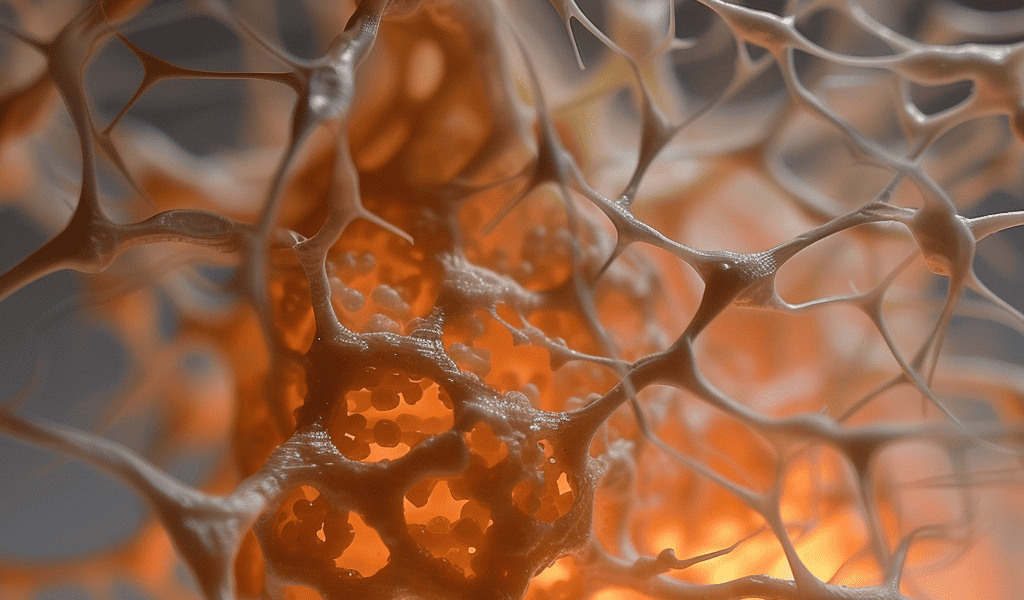Scientists Develop World’s First 3D-Printed Brain Tissue with Potential to Revolutionize Neuroscience and Brain Disorder Treatments
Scientists in Wisconsin, USA, have achieved a groundbreaking feat in the field of neuroscience by developing the world’s first 3D-printed brain tissue that mimics the functionality of natural brain tissue. This development is a significant stride towards the advancement of treatments for neurological and neurodevelopmental disorders such as Alzheimer’s and Parkinson’s disease.
The innovative approach employed by the scientists involved the use of a 3D printer that departed from the conventional method of stacking layers vertically. Instead, they utilized a horizontal layering technique and placed brain cells, specifically neurons derived from induced pluripotent stem cells, in a softer ‘bio-ink’ gel compared to previous attempts.
According to Su-Chun Zhang, a professor of neuroscience and neurology at UW–Madison’s Waisman Center, the 3D-printed brain tissue provides a powerful model for understanding human brain cell communication. This breakthrough has the potential to revolutionize stem cell biology, neuroscience, and the understanding of various neurological and psychiatric disorders.
Yuanwei Yan, a scientist in Zhang’s lab, highlighted that the printed brain tissues maintained a relatively thin structure, facilitating the neurons’ access to oxygen and nutrients. The neurons demonstrated the ability to communicate, send signals, and form networks with support cells, showcasing the promising functionality of the 3D-printed brain tissue.
The precision offered by this printing technique surpasses that of brain organoids, enabling scientists to exercise control over the types and arrangements of cells, ultimately providing flexibility in research endeavors. This advancement opens up new possibilities for the study and development of treatments for a wide range of brain-related disorders.
This breakthrough holds immense potential for furthering our understanding of the human brain and developing targeted solutions for neurological and neurodevelopmental conditions. The successful replication of natural brain tissue through 3D printing marks a significant milestone in the field of neuroscience and offers hope for the future of brain disorder treatments.





